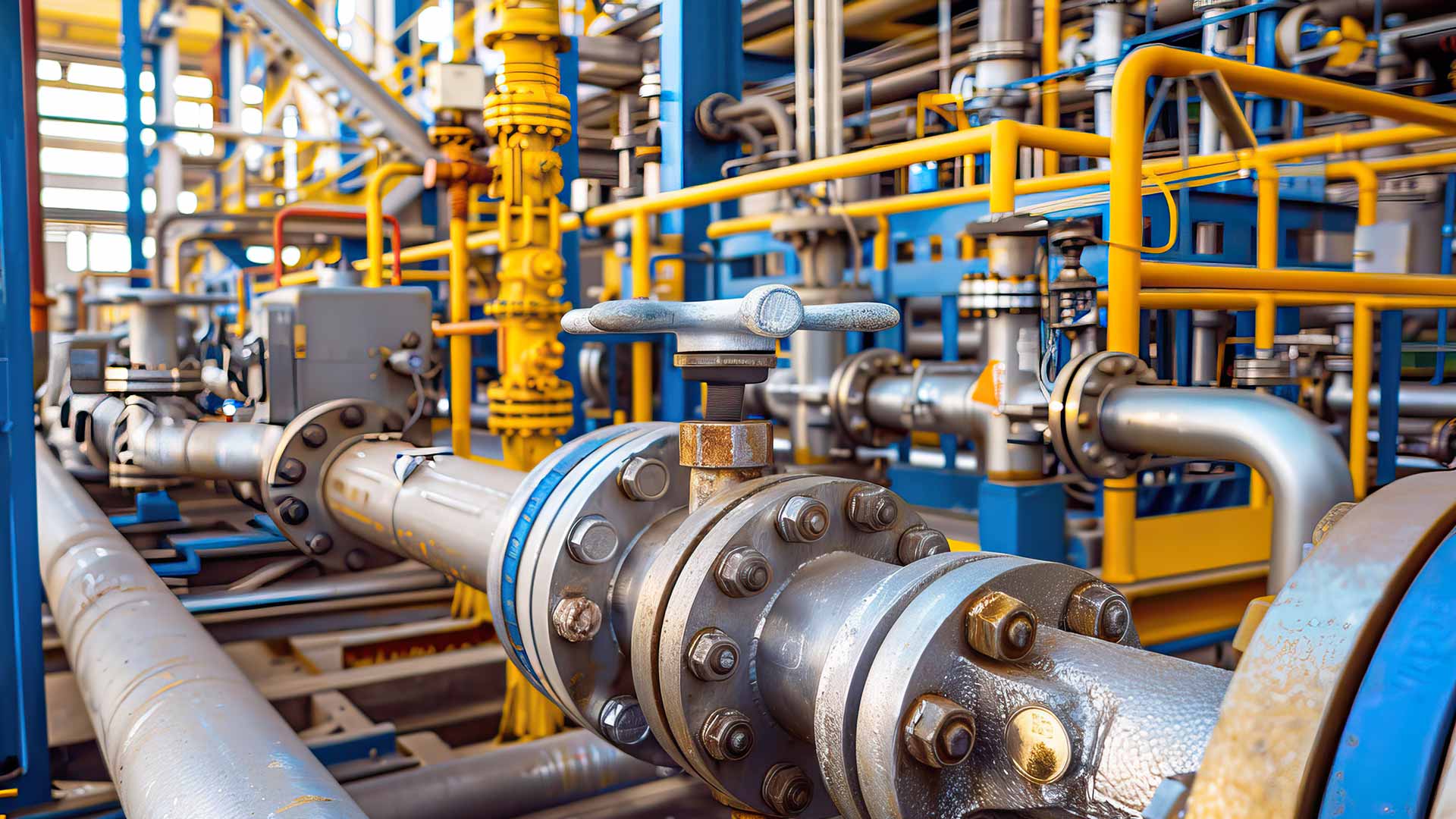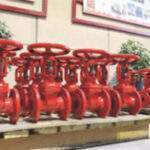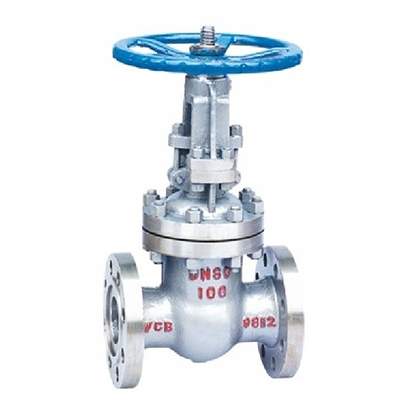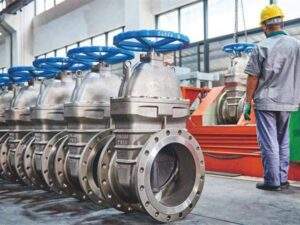Welcome to My Blog!
Before we dive into the content, if you’re interested in our products or have any questions, please feel free to visit our Contact Us page on the website. Our team is ready to assist you with inquiries, orders, or any support you may need.
Now, let’s get started on our journey together. I hope you find the content here insightful, engaging, and valuable.
Introduction
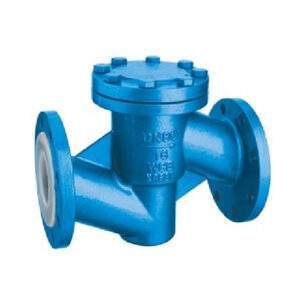
Fluorine lined valves are specialized industrial valves coated with a protective fluoropolymer lining such as PTFE, FEP, or PFA. These materials are chemically inert and provide excellent resistance against acids, alkalis, solvents, and other aggressive chemicals. Unlike conventional metal valves, fluorine lined valves prevent corrosive fluids from directly contacting the valve body, significantly reducing the risk of corrosion and extending equipment lifespan.
Key benefits include:
- Exceptional chemical resistance for handling strong acids, bases, and solvents.
- High-temperature and pressure tolerance, suitable for industrial processes.
- Low friction and smooth operation, ensuring precise flow control.
- Longevity and reliability, reducing downtime and maintenance costs.
Common types used in chemical applications include fluorine lined ball valves, fluorine lined butterfly valves, and fluorine lined globe valves, each designed for specific functions and piping systems.
Why Fluorine Lined Valves Are Critical in Chemical Industries
Chemical plants operate under harsh conditions where valves are constantly exposed to corrosive media. Without proper protection, these environments can rapidly degrade standard metal valves, leading to:
- Equipment failures and unplanned downtime.
- Leakage of hazardous chemicals, posing safety and environmental risks.
- Increased maintenance costs and replacement frequency.
Fluorine lined valves act as a durable barrier, preventing direct contact between the chemicals and the metal body. This not only safeguards the system but also ensures operational reliability and compliance with safety standards.
Key Applications of Fluorine Lined Valves
Fluorine lined valves are versatile and widely applied in chemical industries for various critical processes:
- Aggressive Chemical Handling: Ideal for strong acids, alkalis, solvents, and corrosive intermediates. Used in storage tanks, reactors, and pipelines.
- High-Temperature Processes: Resistant to high temperatures and pressure variations, making them suitable for distillation, evaporation, and heating systems.
- Corrosion Prevention: Protects the piping network from chemical attacks, preventing contamination and leakage.
- Flow Control and Process Accuracy: Provides precise control for metering, dosing, and batch processing in chemical manufacturing.
- Safe Handling of Hazardous Chemicals: Reduces the risk of accidents in handling toxic or reactive substances.
Types of Fluorine Lined Valves in Industrial Use
Different types of fluorine lined valves are engineered for specific industrial tasks:
- Fluorine Lined Ball Valves: Perfect for on/off applications, high-pressure pipelines, and chemical transfer lines. Provides tight sealing and minimal leakage.
- Fluorine Lined Butterfly Valves: Suitable for large-diameter pipelines and low-to-medium pressure systems, offering compact design and easy operation.
- Fluorine Lined Globe Valves: Provides precise flow throttling and control, ideal for high-pressure chemical processes and critical flow regulation.
Selecting the right type depends on chemical compatibility, operating pressure, temperature, and desired flow characteristics. Choosing the correct valve ensures safety, reliability, and longevity of your system.
Advantages Over Traditional Metal Valves
Compared to conventional stainless steel or carbon steel valves, fluorine lined valves offer several distinct advantages:
- Superior Corrosion Resistance: Metals may corrode when exposed to acids, alkalis, or chlorinated compounds, whereas fluorine lined valves remain intact.
- Reduced Maintenance Costs: The lining significantly reduces wear, minimizing repair and replacement needs.
- Improved Process Safety: Less chance of leaks or contamination ensures safer operations.
- Long-Term Cost Efficiency: Despite a higher initial investment, the extended lifespan and reduced maintenance make fluorine lined valves cost-effective.
Maintenance Tips for Fluorine Lined Valves
Even though fluorine lined valves are highly durable, proper maintenance maximizes their efficiency:
- Regular Cleaning: Ensure chemical residues do not build up, which could affect valve operation.
- Routine Inspections: Check for lining wear, cracks, or leaks to prevent unexpected failures.
- Timely Replacement of Seals: Worn or damaged seals can compromise the valve’s performance.
- Operational Checks: Ensure smooth opening and closing to avoid mechanical stress on the lining.
Proper maintenance ensures that fluorine lined valves continue providing optimal corrosion protection and reliable operation.
Case Studies: Real-World Success in Chemical Industries
Several chemical plants have reported significant improvements by implementing fluorine lined valves:
- Acid Handling Plants: Reduced valve replacements by 40% in highly corrosive sulfuric acid pipelines.
- Solvent Transfer Systems: Improved safety and efficiency in handling volatile and flammable chemicals.
- Reactor Feed Lines: Prevented leaks and contamination in high-temperature and high-pressure chemical reactors.
- Water Treatment in Chemical Facilities: Maintained corrosion-free operation even in systems handling chlorinated wastewater.
These examples highlight the tangible operational, safety, and financial benefits of fluorine lined valves.
Choosing the Right Fluorine Lined Valve
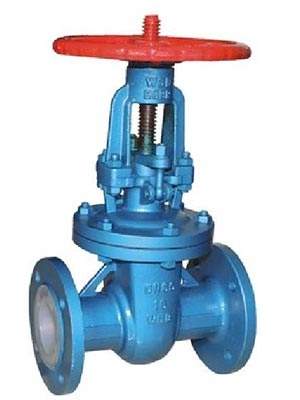
When selecting a fluorine lined valve for chemical industry applications, consider:
- Chemical Compatibility: Ensure the lining material (PTFE, FEP, PFA) suits the chemicals in your process.
- Pressure and Temperature Ratings: Match the valve to the system’s operating conditions.
- Valve Type: Select ball, butterfly, or globe valves depending on flow and control needs.
- Supplier Reliability: Choose manufacturers with strong technical support and proven quality.
- Customization Options: Some valves can be tailored for size, pressure, and chemical resistance requirements.
A well-chosen valve maximizes system reliability, reduces downtime, and improves long-term operational efficiency.
Conclusion
Fluorine lined valves play a crucial role in chemical industries, providing superior corrosion resistance, safe handling of aggressive chemicals, and reliable operation in harsh conditions. By selecting the right type and maintaining it properly, chemical plants can significantly reduce maintenance costs, prevent leaks, and ensure efficient production.
Investing in high-quality fluorine lined valves is a proactive step for any chemical facility looking to optimize performance, protect equipment, and maintain safety standards.
FAQ
What is a Fluorine Lined Valve?
A valve coated with a chemically resistant fluoropolymer, such as PTFE, FEP, or PFA, designed to prevent corrosion in industrial piping.
Why are Fluorine Lined Valves critical in chemical plants?
They protect piping systems from corrosive chemicals, reduce maintenance costs, and ensure safe chemical handling.
What types of Fluorine Lined Valves exist?
Ball valves, butterfly valves, and globe valves, each suited for specific flow, pressure, and chemical requirements.
Can Fluorine Lined Valves handle high temperatures and pressures?
Yes, they are engineered to perform reliably under high-temperature and high-pressure chemical processes.
How do you maintain Fluorine Lined Valves?
Regular cleaning, inspections, operational checks, and replacement of worn seals ensure longevity and efficiency.
Need Help Choosing the Right Fluorine Lined Valve?
If you’re unsure which fluorine lined valve is best for your chemical system, our experts are here to guide you. Contact us today for a personalized consultation and ensure your piping system is corrosion-resistant, safe, and efficient. Don’t wait until corrosion or leaks cause downtime—get in touch now to protect your equipment and operations!

